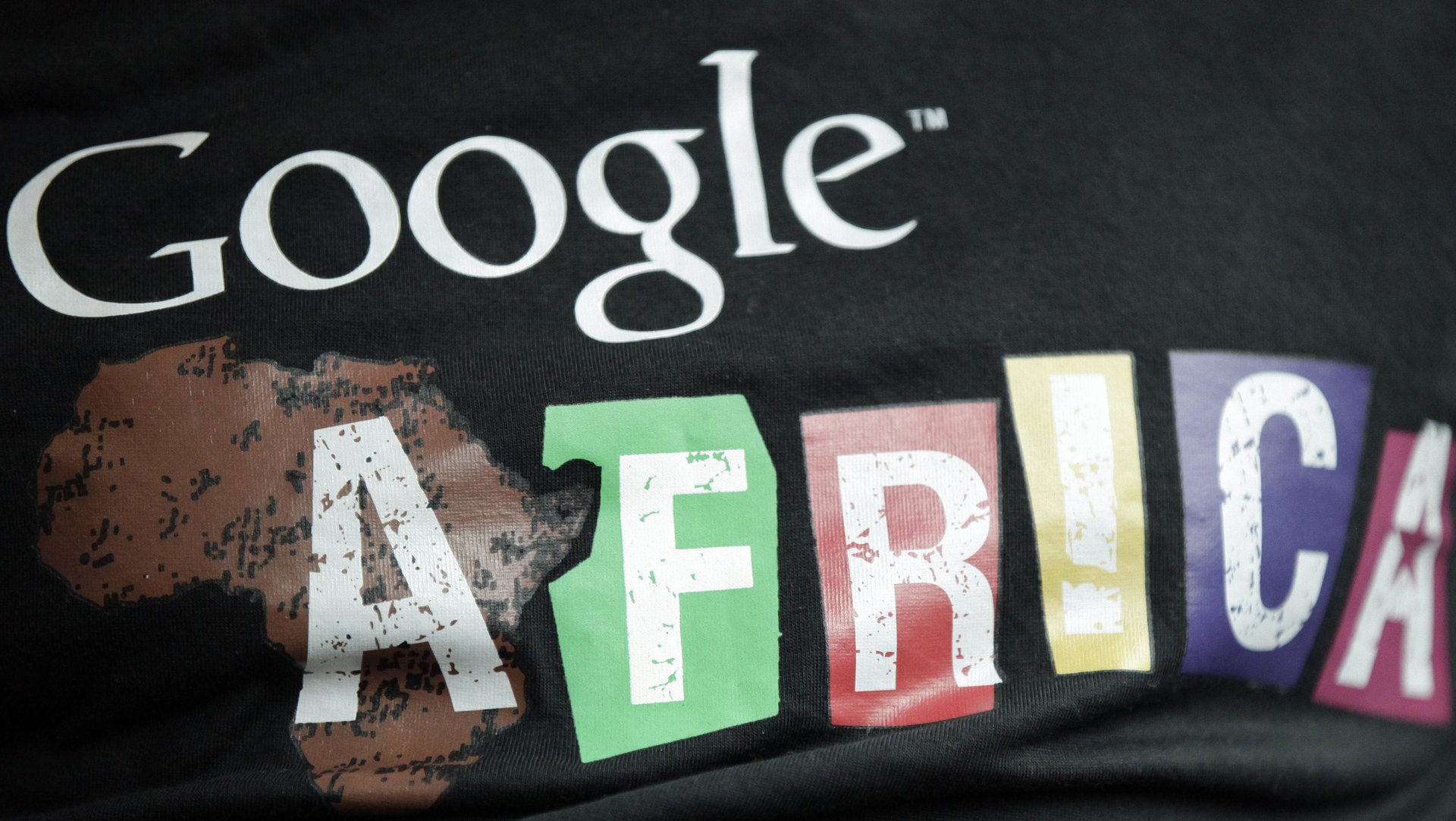Google’s new coding champion is a 17-year-old Cameroonian whose hometown has been cut off the internet
In Nov. 2016, Nji Collins Gbah, a tech enthusiast from Bamenda, Cameroon, started participating in the Google Code-in competition, the global online contest which introduces pre-university students aged 13 to 17 to the world of open source. Despite his tenacity, the odds seem stacked against Gbah.


In Nov. 2016, Nji Collins Gbah, a tech enthusiast from Bamenda, Cameroon, started participating in the Google Code-in competition, the global online contest which introduces pre-university students aged 13 to 17 to the world of open source. Despite his tenacity, the odds seem stacked against Gbah.
In 2016 alone, over 1,300 students from 62 countries took part in the competition. In total, they completed more than 6,400 tasks related to coding, research, documentation, quality assurance and improving user interfaces. During the seven-week program, Gbah completed 20 tasks using the Open Medical Record System, or OpenMRS, a platform that focuses on improving healthcare service in developing countries.
“I was anxious,” Gbah wrote in a blog post published a day before the deadline on Jan. 16. But “I had to find ways to turn my nervousness into creativity and fun.” Gbah said that he chose to participate with OpenMRS “because the whole idea of writing code to save lives was really amazing and I wanted to be part of it.”
But one day after the competition ended, the government shut down the internet in Bamenda, Gbah’s hometown and the capital of the northwest region. The shutdown also affected the southwest region and was instituted following protests in the two Anglophone regions against marginalization from the French-dominated government. Since then, the shutdown has drawn criticism from digital advocacy groups, and from United Nations experts, who have called it “an appalling violation” to freedom of expression.
But on Jan. 30, almost two weeks into the blackout, Gbah was selected as one of 34 winners—and the first African—of the annual competition. His story, that of a young developer winning an esteemed hacking award, has been used as a rallying point for those campaigning against the shutdown. During the upcoming summer, Gbah alongside the other winners will be spending time at the Google campus in California, and meet with the tech company’s engineers.
“This is great news” for the tech community in Cameroon, says Kenneth Ngah, a tech entrepreneur who established platforms like LCM Tours and No Kid Behind. “It is a moment we will encourage non-tech enthusiasts to get into the field and advance it.”
The internet shutdown has been crippling the tech industry in Cameroon, known as the Silicon Mountain. Many start-ups which are based in cities like Buea have stopped their operations or had to move to other big cities like Douala and Yaoundé, where the internet connection is still accessible.
“Without the internet, it’s like killing the community people have toiled for years to build up,” says Angela Lumneh, who financed and created Opportunity Space, an app that enables Cameroonians to find scholarships abroad.
Founders like Ayuk Etta, whose company Skylabase provides software to financial solutions, have even been thinking of moving out of the country. Etta says that they have lost $6,500 since the shutdown, and he has to commute the over 70-kilometer distance to Douala every day just to connect to the internet.
“Maybe we will have to leave the country to a more suitable country which has a better ecosystem to support technology business,” he said.